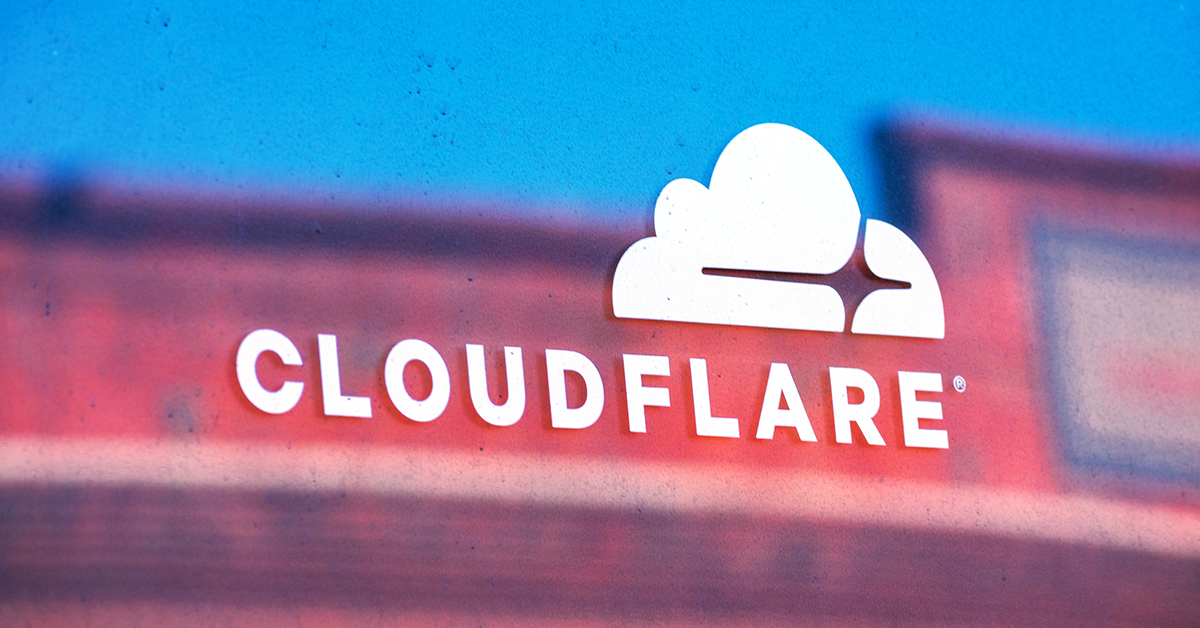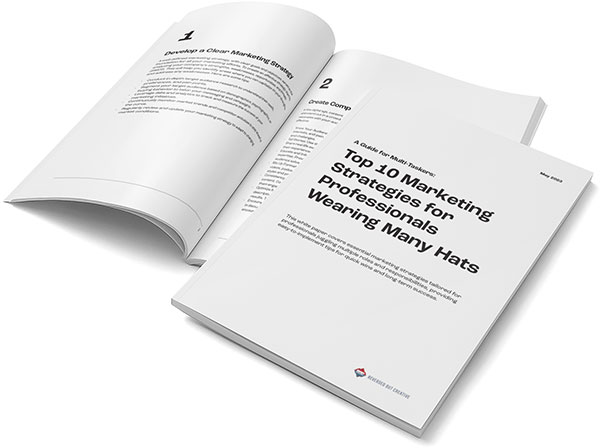
Cloudflare is a CDN, or content delivery network, that offers free and paid versions of its service. Cloudflare has several features that make it an essential tool for any website owner interested in protecting their site.
Cloudflare is a CDN or content delivery network.
Essentially, Cloudflare acts as your own personal internet traffic director. Instead of sending all traffic from your website directly to your hosting provider (or wherever else it’s going), Cloudflare routes some of that data through its own servers first. This helps speed up performance since the information doesn’t have to make so many stops on its way to you—and it also makes sure that malicious users can’t exploit any vulnerabilities in the sites they’re trying to hack into.
Cloudflare is also a security platform: It helps protect against DDoS attacks by analyzing incoming web traffic and identifying potential threats. And finally, Cloudflare is a domain registrar so that if you ever decide to change hosts (for whatever reason), continuing using their services is easy—you’ll just need to transfer ownership over onto another provider’s name servers before doing so.
Cloudflare has both a free and paid version.
Cloudflare has a free version for personal, small business, and non-profit websites. The only difference between the paid and free versions is that with the paid version you can optimize your site by adding custom domains (e.g., mywebsite.com), removing ads, adding SSL, etc.
Cloudflare protects your website from threats and malicious activity.
Cloudflare helps you avoid problems like distributed denial of service (DDoS) attacks, brute-force attacks, and malicious bots by blocking these types of attacks before they impact your site. This can save you a lot of time, money, and headaches in the long run.
In addition to defending against cyberattacks on your website, Cloudflare also blocks fraudulent traffic that could be used as a form of identity theft or other illegal activities such as botnet control panel access or credit card fraud. So whether it’s hackers trying to hack into your server or someone who wants to use stolen information from fake accounts created through automated scripts (i.e., bots), Cloudflare offers protection against all online threats.
Cloudflare improves site performance by speeding up loading times.
Cloudflare caches your content, so your site’s visitors don’t have to wait for your server to send it to them. This process is called “reverse proxying.” Cloudflare’s caching is faster than a regular CDN because it’s closer to your visitors (so they don’t have as far to go), and because it has more capacity than individual CDNs.
Cloudflare has multiple data centers around the world.
Cloudflare has always been a CDN, which means that it caches content on servers around the world. As a result, when they get traffic for a site, it may hit one of their data centers in the U.S., Europe, or Asia. The fact that they have multiple data centers means that if you are located in one of those regions and you request a website from Cloudflare’s network—it will be served from your local server instead of from somewhere far away (or even overseas).
As the internet grew up over time so did its infrastructure and now there are plenty of options for storing data across continents regardless of where you host your website or application online. Cloudflare’s CDN is designed to serve content as fast as possible by serving static assets such as images, CSS stylesheets, JavaScript files, etc. directly out-of-band before any HTTP requests reach your origin servers. This saves time since most websites use at least some static resources on their pages anyway!
Like a VPN, Cloudflare conceals your IP address.
Cloudflare is a content delivery network (CDN) that conceals your IP address and helps protect against malicious bots, nefarious intrusions, and identity theft. It also protects against brute-force attacks, DDoS attacks, and malicious activity.
Cloudflare helps protect against brute-force attacks.
Brute force attacks are cyberattacks used to gain access to websites and other online accounts by using large numbers of login attempts in rapid succession. This can be done manually or automatically, using scripts running on thousands of machines simultaneously. If successful, brute force attacks will give attackers access to your personal information (including credit card data), money in your bank account, and even the ability to steal the identity of another person entirely.
You can’t always detect threats against your website by looking at your server logs or other common detection methods. Cloudflare has a suite of tools that can help you detect and block threats, including:
- Real-time scanning for malicious IP addresses
- DNS reputation analysis that looks across the entire internet to determine if domains are safe or dangerous based on where they are located and who is behind them.
Cloudflare isn’t just for security; it also offers cache management and SSL certificate options.
- Cloudflare offers a free SSL certificate that you can use to secure your website. This means that anyone who visits your site will see the green lock icon in their browser’s address bar and know that they’re on a secure connection, which is especially important if you collect sensitive information like credit card details or other private data.
- Cloudflare’s cache management feature can help speed up your website by storing some of the content on its servers so it doesn’t have to be retrieved from yours every time someone visits. This cuts down on server load and makes pages load faster for everyone—especially those who are visiting from mobile devices because they tend to have less bandwidth available than desktop computers do (and therefore take longer).
- If you have an existing SSL certificate but need help managing it properly, Cloudflare offers several features for managing these types of certificates as well as generating new ones when necessary.
Conclusion
Cloudflare is an effective tool that can help you protect your website. It offers many useful features, including security and performance improvements as well as the ability to cache content. It also makes it easier for people around the world to access your site by concealing your IP address and improving international load times. Reversed Out utilizes Cloudflare for the websites we host. Let us know if you’d like to learn more.
Contact Us
At Reversed Out Creative, we understand the challenges and opportunities presented by AI disruption. Our team of experts specializes in web design, SEO, graphic design, and digital marketing services. Reach out to us through our contact form to learn more about navigating the evolving job market and embracing the potential of AI. Together, let’s shape a future that combines human ingenuity with the power of AI.
Next Article: Running Your Business Like You Plan To Sell Soon
©2025 Reversed Out LLC. All rights reserved. Privacy Policy.


